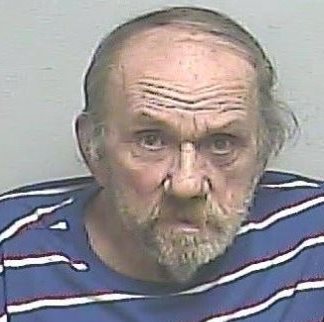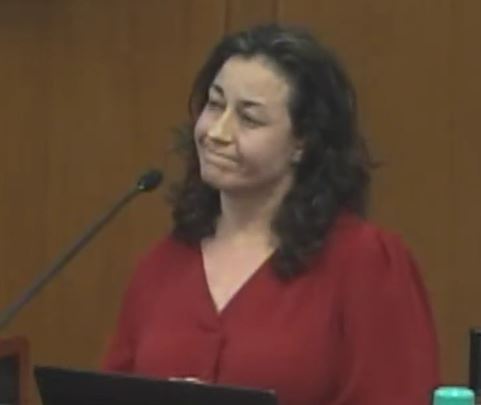Anthony Walton is pastor at Christ Temple Apostolic Church on North 12th Street, and knows what it's like to be in the court system. He is quick to tell his testimony: he was convicted in 1983 for armed robbery in Tennessee, and served several years in prison, where he accepted Jesus as his Savior. His ministry in Paducah started in 1998, and has grown to include several ministries to ex-offenders.
A support group regularly meets at the church, and he hosts a television program called "Life After Lock-up," which discusses the struggles of those who try to rebuild their lives once they are out of prison. The church also hosts an 8-week, "Life Saver" course for anyone with life-controlling issues of any kind.
But about a month ago, Walton went to the juvenile detention facility at the request of a church member to visit an inmate. He hadn't been there in a while, and was told he had to fill out a background check form. Once the check was complete, Walton was told he could no longer make visits. He asked State Representative Gerald Watkins to help, and it was confirmed that a new state policy had been in place for a couple of years that bans anyone with a felony conviction from working or volunteering in the juvenile system.
Walton said he understands, but was shocked to hear that he wouldn't be able to continue to help local kids like he has in the past.
Walton said, "I understand policies, and I understand the safety of the juveniles, I definitely understand that. But, to me, policies without exceptions - it puts everybody on the same page, and puts everybody, basically at bay."
Stacy Floden with the Department of Juvenile Justice in Frankfort said the policy was put into place in October 2013. It states that any sexual or violent offender would be automatically disqualified as an employee, intern, contractor, or volunteer at any juvenile facility, in order to protect the youths who are there. Floden said she spoke to current DJJ Commissioner Bob Hayter, who was appointed last November, about the background check requirement.
"The agency did not want that population or person volunteering with our youth - coming in to the facility - when the standard was higher for our own employees. How would that be fair for a volunteer to come in when you can't be employed with our department if you have a violent offense?" Floden said.
Some of the Kentucky policies mirror language from the Federal Prison Rape Elimination Act of 2003, but portions relating to prohibiting violent offenders were written on the state level. Floden said the policy can always be changed, but that would require several steps. Those include a public comment period that includes interaction with the Department of Public Advocacy (who looks out for the best interest of the juveniles), approval through the Justice and Public Safety Cabinet, and then debate and vote on policies by state legislators.
Walton said policies like this seem to indicate that governments don't trust their own rehabilitation system, and it's disappointing that a box checked on a form (from something that he did 32 years ago) means he can't help children who are in trouble, and give hope to church members who ask him to intervene.
"That part of my life is in the past. It's no longer who I am. I've used it as a stepping stone to help me become a better person and help other people. But, for it to be used against me to keep me from ministering - what is the ministry if you can't help people?" Walton said.
Floden said she understood the situation, but there's really nothing the Commissioner can do.
"And as he said - agree or disagree with the policy - we have to follow the policy for everybody. We can't let one come in and not the others, and there's nothing saying that then a new administration comes in (in January) and they change it back," Floden said.
The policy only affects juvenile facilities, so Walton can still visit jails as a member of the clergy. Walton said he has thought about getting the crime expunged from his record several times since he began his ministry, but didn't feel it was very important because it never affected his work until now. He said it's still something to consider.
In spite of the situation, Walton is still hopeful that he'll somehow be able to get inside the facility again.
"I'm still looking for something to happen. I don't really know what and when and how and who to talk to, but I'm still doing all I can do to try to get an exception," Walton said.





